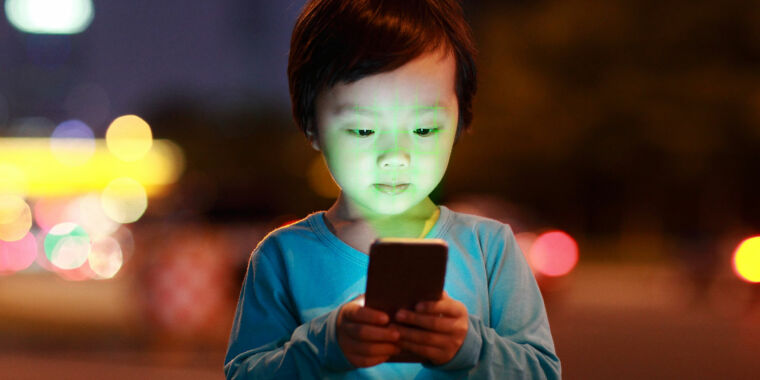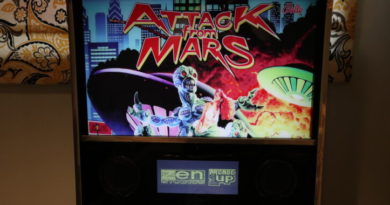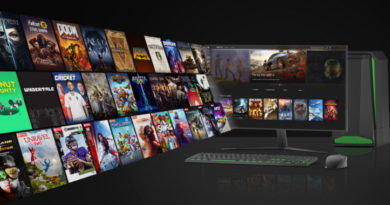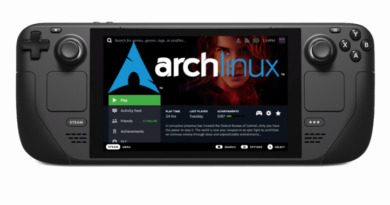Dozens of Chinese phone games now require facial scans to play at night
[ad_1]
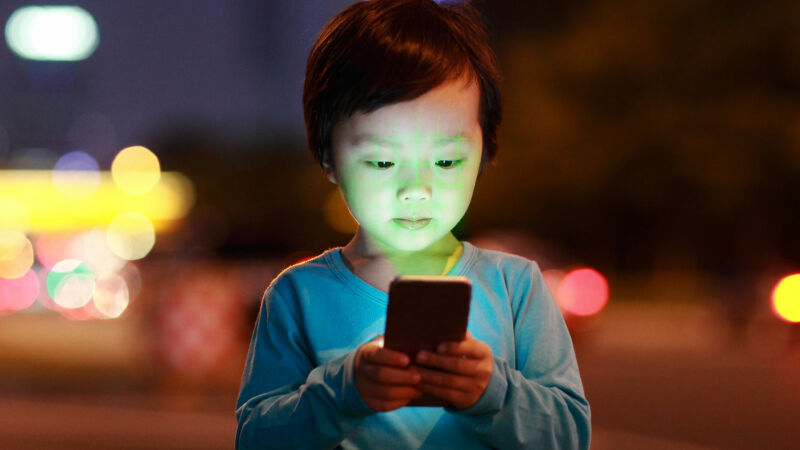
Tencent, the world’s largest Chinese video game publisher, has taken an extreme step to comply with its nation’s rules about limiting minors’ access to video games. As of this week, the publisher has added a facial recognition system, dubbed “Midnight Patrol,” to over 60 of its China-specific smartphone games, and it will disable gameplay in popular titles like Honor of Kings if users either decline the facial check or fail it.
In all affected games, once a gameplay session during the nation’s official gaming curfew hours (10 pm to 8 am) exceeds an unspecified amount of time, the game in question will be interrupted by a prompt to scan the player’s face. Should an adult fail the test for any reason, Tencent makes its “too bad, so sad” attitude clear in its announcement: users can try to play again the next day.
This week’s change doubles down on a limited facial-scan system implemented by Tencent in the Chinese version of Honor of Kings in 2018. Since that rollout, we’ve yet to hear exactly how the system works. Does it determine a user’s age based on facial highlights? Does it cross-reference existing facial data—and possibly leverage any of its home nation’s public facial-scanning systems? Tencent has not clarified any of Midnight Patrol’s technical details.
Additionally, parents can now turn on a facial recognition system that checks specifically for approved parents’ faces before allowing gameplay to unlock—though it’s unclear why a parent would elect to do this instead of turning on something like a password or PIN system.
In completely unrelated news, grandparent mask sales up 7,000%
This system follows increased Chinese government scrutiny on childhood gaming addiction, and this includes rules with which game publishers must comply lest they face penalties as extreme as having their business licenses revoked. In addition to the aforementioned gaming curfew for minors, Chinese games must also include real-name registration systems and in-game spending caps for minors.
But this facial scanning requirement implies that most smartphone platforms’ built-in parental controls, along with commonsense parental phone management, aren’t stopping minors from accessing Internet-connected devices with “adult” credentials at night. In the case of Midnight Patrol’s more generic “check your face for your age” system—as opposed to parent-specific scans—it’s arguably a question of when, not if, savvy Chinese teen gamers will defeat the system with something like specially prepared photos.
Tencent did not provide a list of the “over 60” games affected by this week’s update. The publisher has already pledged to add Midnight Patrol to more of its games over time, which will likely expand to Tencent-published smartphone games familiar to the West like PUBG Mobile and League of Legends.
If you’re wondering how the staff at Ars Technica feels about draconian restrictions on childhood gaming hours, rewind to our 2019 staffsource feature on somehow graduating high school and college in spite of our own video and tabletop gaming addictions.
[ad_2]
Source link

